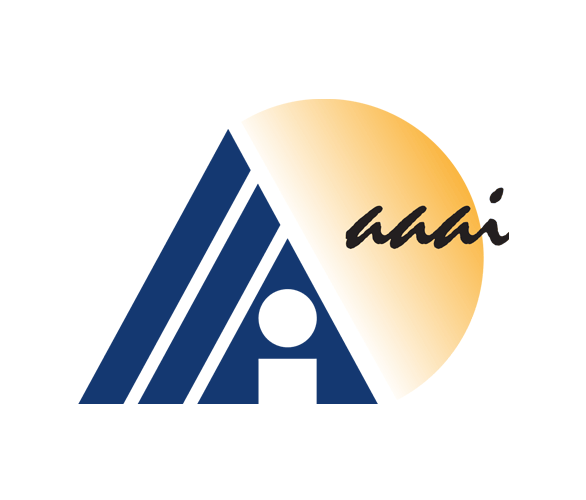Ai has come a long way, and it has a long way to go.
In a meeting on January 27 – February 1, 2019 at the Hilton Hawaiian Village, Honolulu, Hawaii, the Association for the Advancement of Artificial Intelligence (AAAI) has discussed among others, the roadmap for AI research in the U.S. for the next 20 years.
The main topics discussed at the AAAI-19 event include:
- Integration of key AI systems.
- Better understanding of human intelligence and emotion.
- Training robots to learn by example.
- How people interact with AI systems.
- An open national AI platform.
- Broaden AI education in high schools and colleges.
- Create contextually intelligent AI that act as a lifelong assistant.

According to Cornell University professor Bart Selman who is commissioned by the Computing Community Consortium:
"So we need a very large, shared resource that will be developed across the country, then shared via some institute or center that would manage that."
Founded in 1979, AAAI is an international, nonprofit, scientific society devoted to promote research in, and responsible use of AI.
The organization also aims to increase public understanding of AI, improve the teaching and training of AI, and provide guidance for research planners and funders concerning the importance and potential of current AI developments and future directions
The AAAI Conference on Artificial Intelligence has a mission to promote research in AI, including scientific exchange among AI researchers, practitioners, scientists, and engineers in affiliated disciplines.
AAAI-19 is the Thirty-Third AAAI Conference on AI. Like previous AAAI conferences that have technical paper presentations, the event also invited speakers, workshops, tutorials, poster sessions, senior member presentations, competitions, and exhibit programs.
The conference scope includes all subareas of AI and machine learning.
These include (but are not limited to) search, planning, knowledge representation, reasoning, natural language processing, robotics and perception, multiagent systems, statistical learning, and deep learning.
The process here includes a plan to create private workshops attended by academics and people from the industry. The priorities set in the report are aimed to shape government policy and funding, national security, and people’s personal lives through healthcare, personalized education, transportation, commerce and evidence-based social policy.